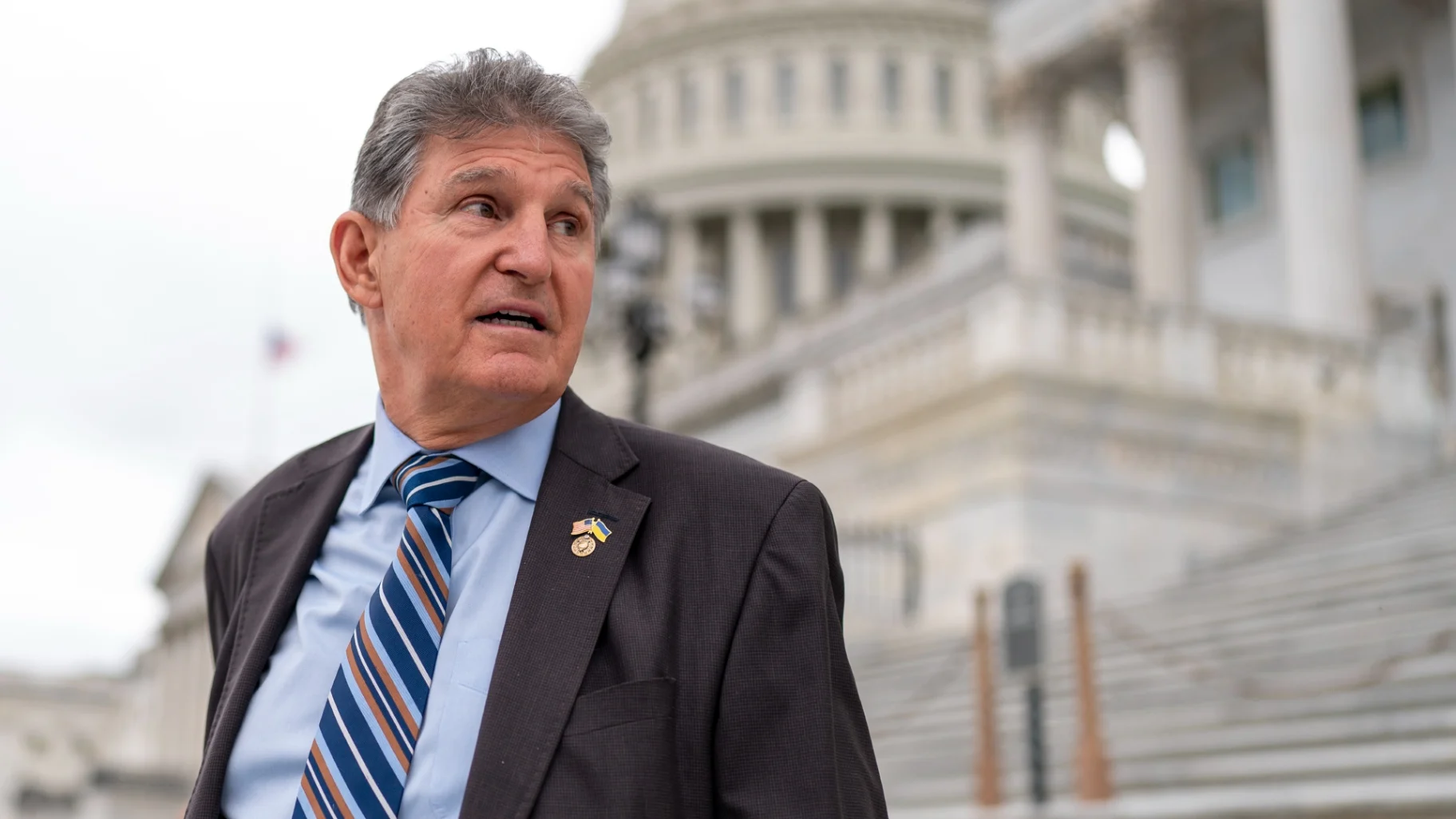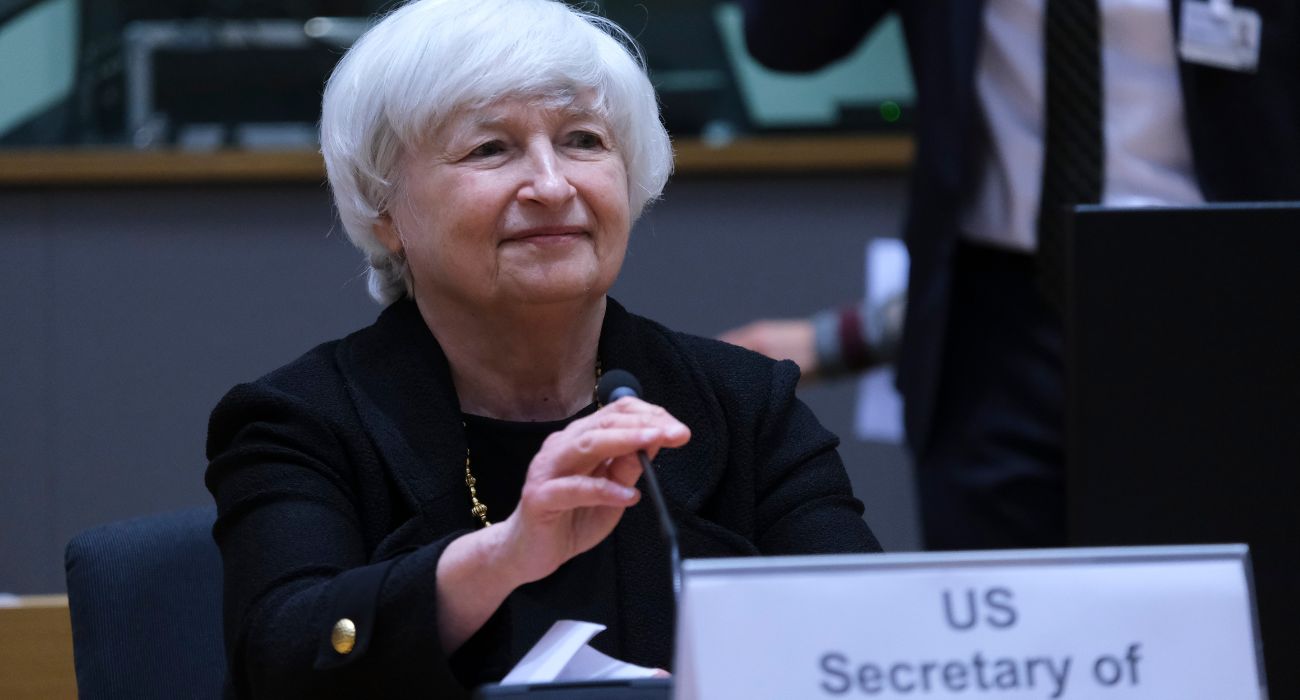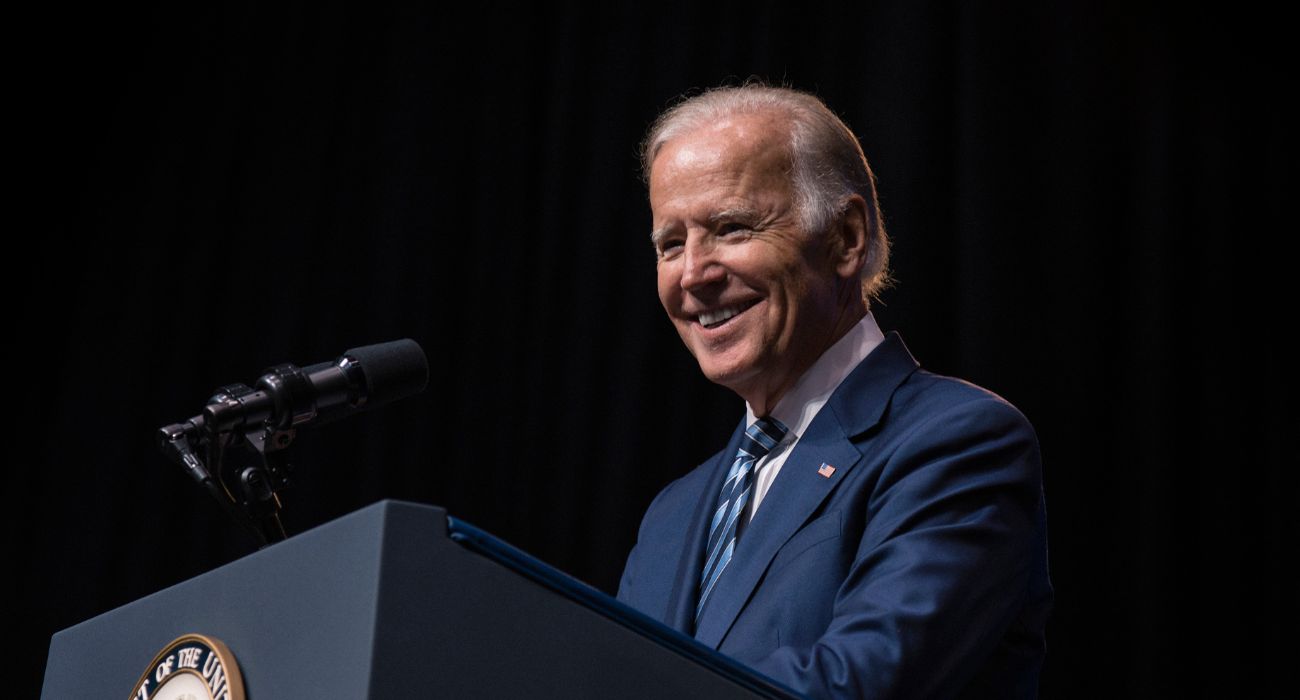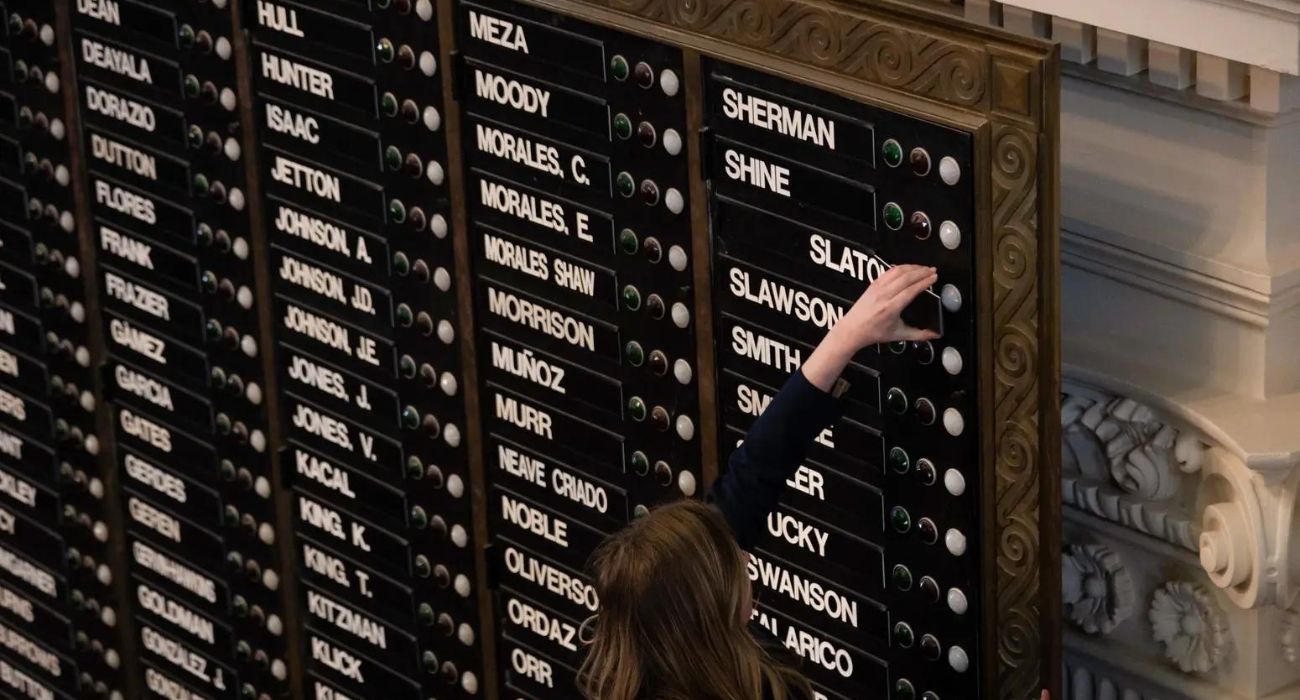Senate Majority Leader Chuck Schumer (D-NY) and Sen. Joe Manchin (D-WV) announced an agreement on Wednesday in regards to a package that will allocate hundreds of billions of federal taxpayer dollars to climate, healthcare, prescription drugs, and tax initiatives.
The proposed bill calls for $433 billion in spending and taxing Americans to the tune of $739 billion. The resulting increase in taxes would allegedly lead to a $300 billion reduction in the federal deficit over the course of a decade if federal spending does not increase.
“The Inflation Reduction Act of 2022 will make a historic down payment on deficit reduction to fight inflation, invest in domestic energy production and manufacturing, and reduce carbon emissions by roughly 40% by 2030,” Sens. Schumer and Manchin said in a joint statement Wednesday, using the bill’s new official name.
“The bill will finally allow Medicare to negotiate for prescription drugs and lower health care costs for millions of Americans,” they added.
Democrats have been negotiating amongst themselves over this legislation for over a year, previously agreeing on provisions in the bill to expand the Affordable Care Act (ACA), also known as ObamaCare, and attempt to lower prescription drug prices.
The agreement would extend the ACA through 2025 and allow Medicare to negotiate the prices of prescription drugs, according to a summary of the agreement released by Senate Democrats.
The ACA extension would cost $64 billion in federal taxpayer money, while the prescription drug reform would supposedly save the government $288 billion, while taxpayers’ pricing would not change.
The sticking point in negotiations among Democrats had been around the package’s energy, climate, and tax provisions.
Manchin, representing an energy-producing state, previously stood against significant spending on renewable energy and any tax increases, citing high inflation rates.
Still, the agreement calls for $369 billion of federal taxpayer funds to be spent on “energy and climate efforts.”
The proposed bill will include a 15% corporate minimum tax rate for businesses worth more than $1 billion, which is estimated to tax Americans $313 billion over 10 years.
It will also step up IRS tax enforcement, which is estimated to tax Americans an additional $124 billion over 10 years.
Furthermore, taxes on carried interest income will be increased, which is estimated to put another $14 billion in the federal government’s coffers.
Another provision in the bill will provide $1.5 billion in federal taxpayer funds “for tree planted and related activities, with a priority for projects that benefit underserved populations and areas.”
Another part of the bill uses $403 million for IRS expenses, “including purchase and hire of passenger motor vehicles.”
Also included in the bill is an extension of an existing tax credit of up to $7,500 to offset the cost of buying new and used electric vehicles (EV).
The proposal also sets aside $60 billion in federal taxpayer funds for domestic “clean energy” manufacturing. It will provide tax credits to offset the cost of heat pumps, water heaters, and rooftop solar panels.
There are no new taxes on families making $400,000 or less and no new taxes on small businesses, according to the summary.
Democrats hope to approve the bill in the 50-50 split Senate through a special budget process called reconciliation, which would allow it to pass with only 50 votes—with Vice President Kamala Harris serving as the tiebreaking vote, rather than the 60 votes needed to pass most legislation.
The legislation could face objections from some party members over provisions that have been left out.
Republicans in both chambers of Congress are not expected to support the legislation.
“In a recession, Democrats are raising taxes, killing jobs, squashing savings, and choking American energy,” Republican Sen. John Barrasso (R-WY) said of the bill. “Additionally, they’re supersizing the IRS to attack working families and small businesses. Their tax scheme also includes giving electric vehicle tax breaks and ObamaCare subsidies to people making more than $100,000.”
“This reckless tax and spending spree will saddle working families with even higher prices, more tax hikes, and more pain than they’re already feeling,” Barrasso added.







ANOTHER DEMORAT USELESS SPENDING SPREE IT WILL MOSTLY GO INTO THEIR POCKETBOOKS
While we get to bend over and smile